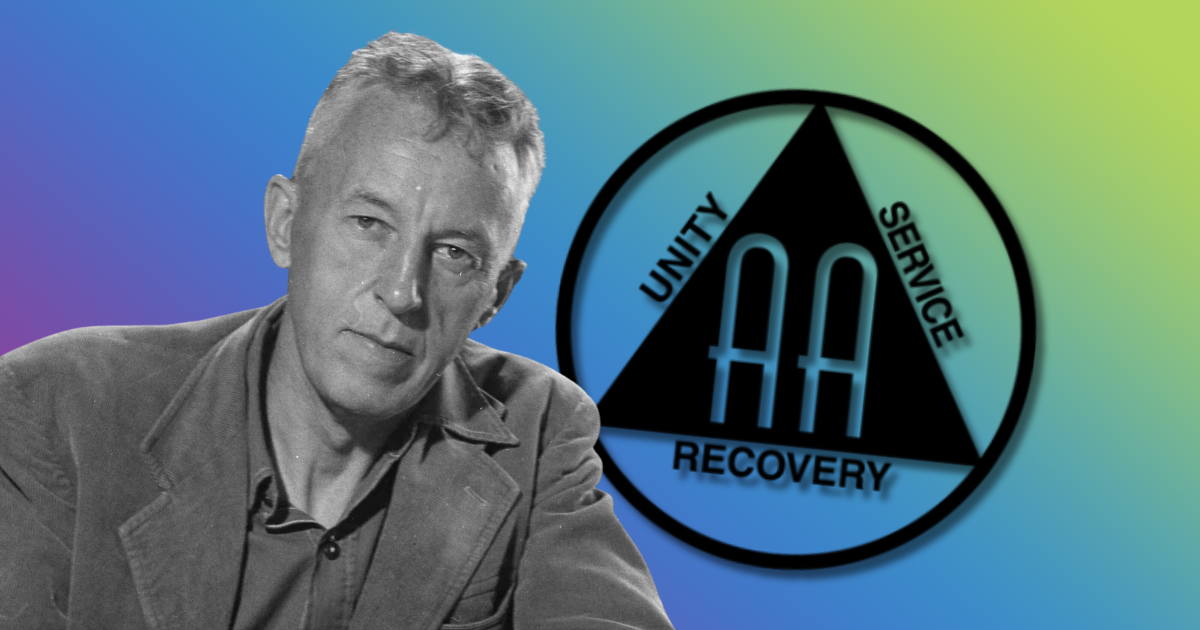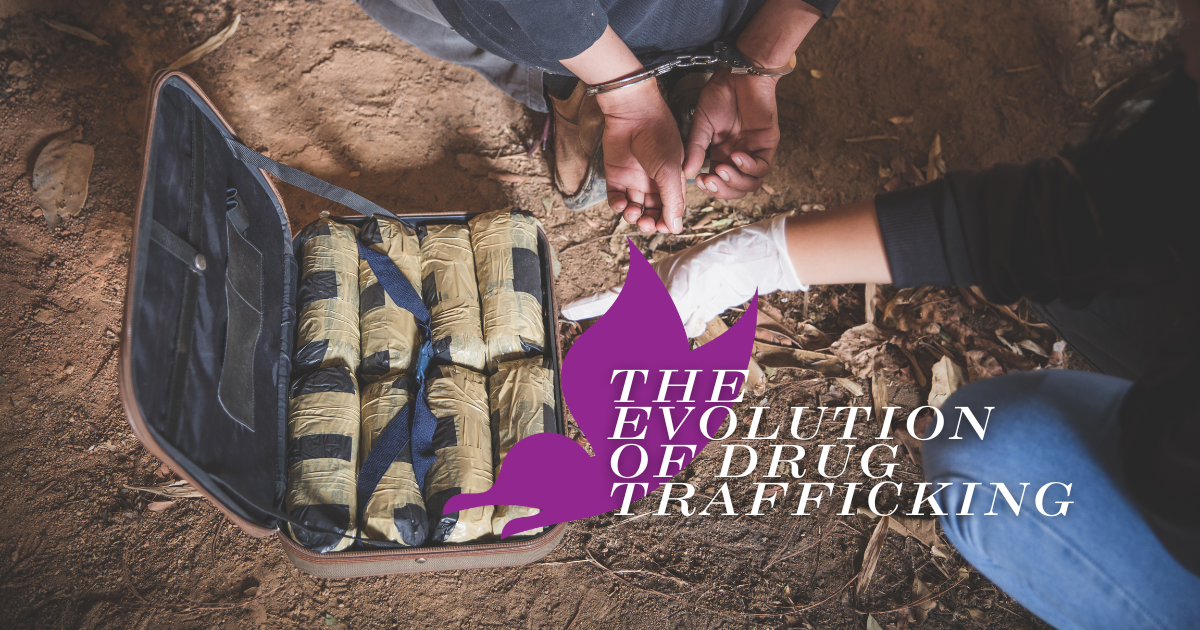In the landscape of addiction recovery, you may come across a variety of support groups, terminology, and expressions unique to this community. One such term that frequently appears is “Friends of Bill W.” But who are these friends, and why do they matter in the journey toward recovery?
The Origin of the Name “Friends of Bill W.”
The term “Friends of Bill W.” is synonymous with members of Alcoholics Anonymous (AA) and those who are actively pursuing recovery from alcoholism. The “Bill W.” in question refers to Bill Wilson, a co-founder of AA, who played a critical role in establishing the group’s 12-step program. Wilson, along with Dr. Bob Smith, started AA in the 1930s to create a fellowship aimed at supporting individuals who struggle with alcoholism.

An AA support group is an excellent option for those looking to further their recovery
The Role of Anonymity
Anonymity is a cornerstone in the world of Alcoholics Anonymous, hence the use of only a first name and last initial for its founders. The phrase “Friends of Bill W.” serves as a discreet way for members to identify themselves, particularly in public settings or in situations where privacy is vital.
What Did the Founders Say About Being Anonymous?
The concept of anonymity is deeply ingrained in the culture and literature of Alcoholics Anonymous (AA), as reflected in the Twelve Traditions. The Eleventh Tradition states, “Our public relations policy is based on attraction rather than promotion; we need always maintain personal anonymity at the level of press, radio, and films.” While the Twelfth Tradition further emphasizes, “Anonymity is the spiritual foundation of all our traditions, ever reminding us to place principles before personalities.”
Bill Wilson, one of the co-founders of AA, had a lot to say about anonymity as well. In his supplementary book Twelve Steps and Twelve Traditions, he stated: “Anonymity is real humility at work. It is an all-pervading spiritual quality which today keynotes A.A. life everywhere. Moved by the spirit of anonymity, we try to give up our natural desires for personal distinction as A.A. members both among fellow alcoholics and before the general public.”
Dr. Bob, the other co-founder, also valued the principle of anonymity but was more focused on the practical aspects of the program, such as service and sponsorship. His famous advice “Keep it simple” reflects his approach to the program, including the role of anonymity in it.
These quotes and traditions underscore the importance of anonymity not just as a protective measure for individuals, but also as a guiding spiritual principle that helps to maintain the focus on the community and the common goal of recovery.
“Our relations with the general public should be characterized by personal anonymity. We think A.A. ought to avoid sensational advertising. Our names and pictures as A.A. members ought not be broadcast, filmed, or publicly printed. Our public relations should be guided by the principle of attraction rather than promotion. There is never need to praise ourselves. We feel it better to let our friends recommend us.”
– AA Tradition Eleven
The Power of Anonymity: Focusing on Ideas Over Personalities
Anonymity in Alcoholics Anonymous (AA) goes beyond mere respect for individual privacy and health choices. It serves as the bedrock upon which the organization builds its philosophy, allowing for a deeper level of engagement and focus. By remaining anonymous, participants in AA can concentrate on the collective wisdom, ideas, and experiences that are shared, rather than the personalities of those who share them.
An Equal Footing
Firstly, anonymity creates a level playing field. When members are anonymous, there is a lack of hierarchy or status that can otherwise cloud interactions. People from all walks of life—be it a successful businessperson or someone who is unemployed—sit in the same room with the same purpose: the pursuit of recovery. This egalitarian setup encourages open dialogue without the preconceived judgments that can accompany status or identity.
Facilitating Open Discourse
Another profound aspect of anonymity is that it fosters a safe environment for open and honest discourse. The absence of identified personalities allows members to speak freely about their struggles, breakthroughs, and setbacks in recovery. Ideas can be debated, stories can be scrutinized, and lessons can be imparted without the fear of personal judgment or retribution.
Navigating Internal Conflicts
Even within a well-intentioned organization like AA, internal discourse and differing opinions can arise. Anonymity ensures that these internal discussions focus on the issue at hand, rather than turning into personal attacks. If an AA group needs to make a decision about how to operate or what practices to implement, the anonymous nature allows for a focus on the merits of the argument, rather than who is making it.
Ensuring Long-term Commitment
Finally, the anonymity protects the longevity of the group. If members were to develop reputations based on their shares or ideas, it could lead to power dynamics or popularity contests that could shift the focus away from recovery. By being “Friends of Bill W.,” members safeguard the essence and the mission of the organization, making it a robust and effective support system that has stood the test of time. This is also a great example of positive gatekeeping by having a rule in place that allows members of the community to maintain “illegibility” to outsiders and “legibility” within. It protects the group from malicious outsiders while being open for those who choose to participate within AA using well-established rules that prioritizes ideas that improve the lives of members.
The power of anonymity within AA or any large-scale recovery organization is a multifaceted tool that serves both the individual and the collective. It’s a crucial component that keeps the focus where it should be: on the meaningful ideas and experiences that assist people in their journey toward recovery.

Akron, Ohio is the founding location of AA
What Do Friends of Bill W. Do?
Being a Friend of Bill W. is more than just a title; it is an active commitment to a lifestyle of recovery. Members regularly attend AA meetings, where they share experiences, draw strength from one another, and work through the AA program. The guiding principles of AA, outlined in the Twelve Steps, offer a framework for individuals to tackle their addiction and seek spiritual growth.
Beyond Alcoholism
Though initially aimed at helping those with alcohol addiction, the term has broadened its scope over time. Nowadays, you can find Friends of Bill W. in other addiction recovery contexts, including support for drug addiction. Several offshoots of AA, like Narcotics Anonymous (NA), have adapted the original Twelve Steps to suit their particular focus.
The Importance of Community
Community support is crucial for those navigating the waters of recovery. The friends you find within these groups offer a safe space to face challenges, celebrate victories, and develop coping mechanisms that help sustain a life in recovery.
A Lifelong Journey
Being a Friend of Bill W. is not a temporary fix but a lifelong commitment to growth, change, and support—both for oneself and others. The fellowship remains an ever-present source of strength and wisdom for those dedicated to staying the course.
Get the Support You Need
Are you or a loved one struggling with addiction? It’s never too late to take the first step toward recovery. Landmark Recovery offers individualized treatment plans designed to meet you where you are. Call us at 888-448-0302 to learn how you can become part of a community committed to helping you succeed on your journey toward recovery.

Choose Recovery Over Addiction
We're here 24/7 to help you get the care you need to live life on your terms, without drugs or alcohol. Talk to our recovery specialists today and learn about our integrated treatment programs.




